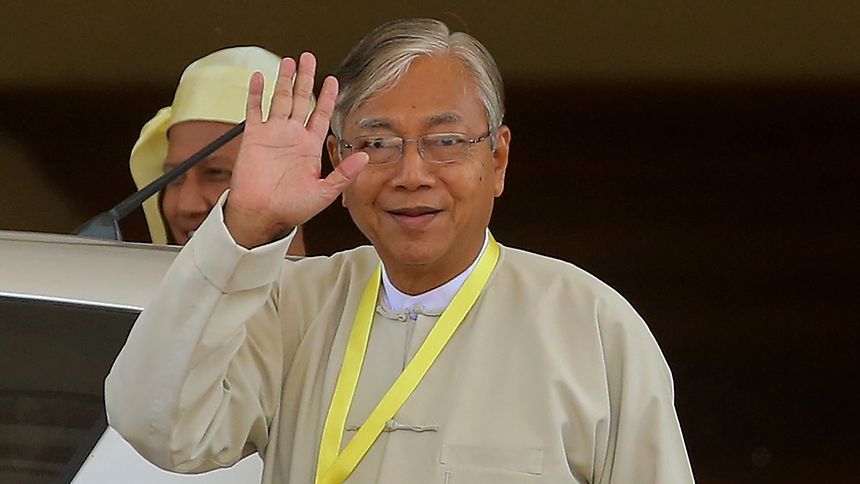Htin Kyaw has been named the new president of Myanmar after a historic battle for democracy. His naming came after peace and democracy advocate Aung San Suu Kyi was ruled out as a candidate.
Illinois State’s Professor Joseph Zompetti, a political communication expert who teaches in the School of Communication, spent time in Myanmar helping non-governmental organizations (NGOs) create arguments for democracy under a military regime. He explains the importance of the election, and the symbolic loss of Suu Kyi’s disqualification.
Zompetti:
The November 8, 2015, elections in Myanmar were a watershed moment for Burmese democracy. For the first time in over 50 years, the Burmese people with a loud, resounding voice confronted and ousted the military regime. When I was in Myanmar in 2009, I worked with four different NGO groups who were eager to learn about strategies for fostering democracy. They yearned for the ability to mobilize and convince others to usher in democracy in a forceful, yet nonviolent, way. The overwhelming victory by the National League for Democracy (NLD) was, in many ways, a dream come true for the democratic advocates.
Of course, Aung San Suu Kyi is the NLD’s unquestioned leader. The recent decision by the Myanmar constitutional court to forbid her as president is a damaging, symbolic loss for the NLD and Suu Kyi. The constitution has an article that stipulates that no one who has a spouse, children, or even spouses of children with anything other than a Myanmar passport shall be president. Aung San Suu Kyi’s two sons have UK passports. The constitutional provision was made, supposedly, by the military government many years ago in an effort to consolidate power. Currently, the provision does not help the military remain in control, but it does negatively impact the leadership of the NLD.
However, there is a silver lining. Suu Kyi’s life-long friend and political aide, Htin Kyaw, has been elected as the new president. Thus, while Suu Kyi will not be the official president, she will still remain a very powerful leader with substantial influence in the presidency.
The 2015 election and the recent discussions about the presidency have been very welcome news for democracy activists in Burma. But, there are many issues that still need to be resolved. While the NLD won the election very handily, the military is only slowly transferring its power. Minor economic reforms, including foreign trade and the invitation of foreign banks, have been incrementally rolled-out, but political liberties, such as the freedom of speech and assembly, are still not recognized. This recent blow to Suu Kyi’s leadership is another obstacle for the Burmese democrats, but their election victory, backing by the masses, and international support have given the NLD momentum. And, with my experience working with Burmese activists, I know they are well-prepared for continuing their democratic pursuits.
Zompetti can be reached via MediaRelations@IllinoisState.edu or (309) 438-5631.



